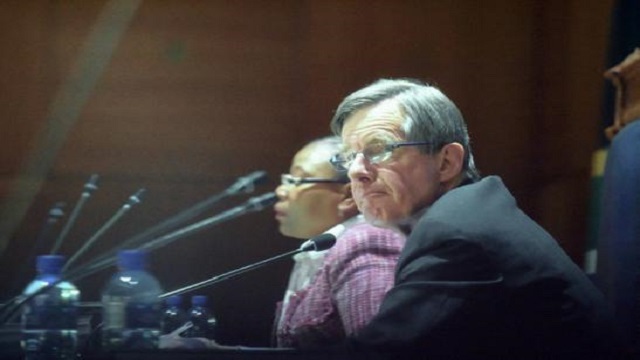
No student who qualifies for entry into South Africa's Technical, Vocational Education and Training (TVET) should have to pay a cent of their study costs, according to a proposal released on Monday.
It was put forward by an independent commission set up by President Jacob Zuma and chaired by Justice Jonathan Heher.
"All students at TVET Colleges should receive fully subsidised free education in the form of grants that cover their full cost of study and that no student should be partially funded."
The Heher Commission report, as expected, announced that free higher education for all was not feasible as the country could not afford it.
For university students, the commission is in favour of a cost-sharing model that includes both government and banks.
"The commission recommends that all undergraduate and postgraduate students studying at both public and private universities and colleges, regardless of their family background, be funded through a cost-sharing model of government guaranteed income-contingency loans sourced from commercial banks," according to the report's recommendations.
"Through this cost-sharing model, the commission recommends that commercial banks issue government guaranteed loans to the students that are payable by the student upon graduation and attainment of a specific income threshold.
"Should the student fail to reach the required income threshold, government bears the secondary liability."
The commission also recommended that registration and application fees at universities and colleges be "scrapped across the board".
Funding for postgraduate students should be funded through the National Research fund, based on NRF criteria and merit.
"The commission further recommended for postgraduate students to have access to a cost-sharing model of government guaranteed income-contingency loans sourced from commercial banks (ICL)."
The recommendation also included that government increase is spend on higher education to total at least one percent of GDP (gross domestic product) to bring it in line with countries with similar economies.
Last month, students marched to Parliament to demand Zuma release the report after it was leaked, with reports in Sunday newspapers that the country could not afford free higher education.
The media earlier last week reported that Zuma was pushing for a plan by his future son-in-law, Morris Masutha, on free higher education to be adopted.
